The power and influence of German automotive brands can’t be denied. From BMW to Volkswagen, German cars no doubt have a pretty intense emotional effect on car buyers of all kinds. From performance to appearance, there are many reasons why drivers choose German car brands over others.
Depending on the source you consult, there will be varying opinions about the most popular German cars in any given year. But for 2017, Volkswagen stayed the top-selling car brand in Germany, ahead of Mercedes Benz, Audi and BMW, according to Best Selling Cars.
While it’s true that Volkswagen did report weaker sales and consequently lost market share, it kept steady as the largest carmaker in Germany last year. Mercedes Benz came in second for increased sales and consequently gained market share while Audi and BMW both posted weaker sales. Ford was the fifth best-selling car brand in Germany, while Opel fell to sixth. Skoda is still the top-selling foreign car brand in Germany, with Renault being the most popular French car in Germany and Hyundai being the best-selling South Korean brand.
By the Numbers: New Car Market
New passenger vehicle registrations in Germany last year increased nearly three percent, representing the fourth year in a row that the German new car market exceeded three million cars.
Volkswagen – while still claiming its top spot as the largest carmaker in Germany – was down for the second consecutive year in terms of sales. In fact, VW sales were down 3.3 percent to grab an 18.4 percent share of the German new car market. The end of 2017 brought stronger sales thanks to an aggressive sales strategy, discounting, new models and customer incentives.
Mercedes Benz increased car sales in Germany last year by five percent while Mercedes Benz solidified its growing lead within the premium car market. Audi sales were weak and BMW sales flat compared with previous years.
The only change in rank involved Ford, which finally moved ahead of Opel, with sales increasing just above market average. Opel sales, on the other hand, went down slightly. The top foreign brands performed better than the domestic markets. Check out the full list of rankings here.
Dacia claimed the strongest sales increase of the top 20 brands but maintained its rank position from the previous year; so did Citroen and Mini. Mitsubishi even entered the top 20 list. The most improved awards go to Tesla, Alfa Romeo, Dacia and Peugeot; the worst performance awards went to Honda, DS, Jeep and Nissan. In terms of volume, VW had the most to lose, with sales down by about 22,000 vehicles.
Most Searched German Cars Online
Another way to tell how popular a particular car brand is involves looking at online search trends. According to Car Buzz, Google Trends 2017 showed that of the three main German luxury automakers, BMW is the most commonly searched, followed by Audi and Mercedes-Benz. However, the average search queries for Audi and Mercedes occurred only two thirds as often as BMW.
The most common search in Germany isn’t for a brand new model, as one would think, but rather one that was launched more than a decade ago in 1997: the E46 3 Series. In the United States, the top search terms for BMW included “BMW for sale,” “BMW E46” and “BMW 2017.
Contact Hance’s European in Dallas
Here at Hance’s European, we frequently work on all types of German cars, so contact us today if you need a repair or maintenance.


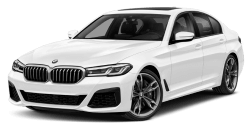 BMW
BMW Mercedes
Mercedes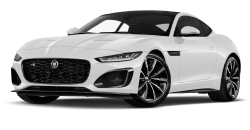 Jaguar
Jaguar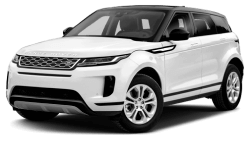 Land Rover
Land Rover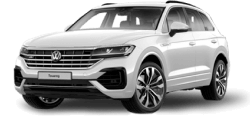 Volkswagen
Volkswagen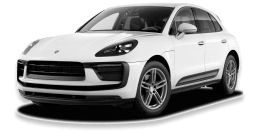 Porsche
Porsche Audi
Audi